single-award.php
MURAKAMI Suminao Award 2023 and the JDR Annual Awards 2023
 MURAKAMI SUMINAO AWARD FOR DISASTER RESEARCH 2023 WINNER |
|
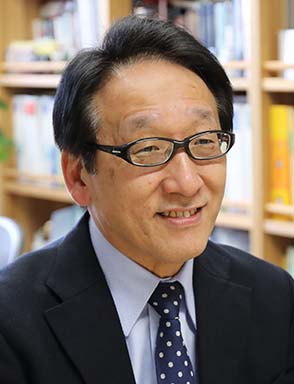 |
|
| Fumihiko Imamura Professor, Tohoku University, Sendai, Japan |
|
Testimonial
Presenting the MURAKAMI Suminao Award 2023
It is my great pleasure to present the MURAKAMI Suminao Award to Prof. Fumihiko Imamura.
Since the first issue of JDR, Prof. Imamura has published 36 papers and served as a guest editor for three special issues, making significant contributions to JDR over the years. In addition to his contributions to the field of tsunami disaster, he has actively promoted various joint research projects and international symposiums, particularly after the Great East Japan Earthquake. He has been recognized for his contributions to international academic exchange in various research fields. In recognition of these contributions, the JDR Editorial Board has decided to grant him the MURAKAMI Suminao Award.
I would like to express my gratitude to Prof. Imamura for his great contributions and congratulate him on winning the award.
Shunichi Koshimura
Professor, International Research Institute of Disaster Science,
Tohoku University, Sendai, Japan
Message from the Winner
I would like to express my deepest gratitude for receiving the 2023 MURAKAMI Suminao Award for Disaster Research. Since I reported on the research and analysis results of the 2004 Indian Ocean tsunami in the first issue of JDR, I have published 36 papers on tsunami science and engineering, including papers on emergency responses, warning systems, and public awareness and education. The 2004 tsunami was a devastating one that hit an area where tsunami countermeasures had not been sufficiently implemented in the Indian Ocean, so it caused tremendous damage. It is said that more than 250,000 people, including foreign tourists, were killed. Seven years later, Japan suffered cascading disasters and effects, including an M9 earthquake and a huge tsunami, causing the Fukushima Daiichi nuclear power plant accident on the Pacific side of the Tohoku region of Japan. Interdisciplinary research covering cutting-edge science and technology is necessary in order to solve many problems and issues and to transfer the experiences and lessons learned at that time.It is a great honor for me to be able to report on the results of these activities through the JDR, and I would like to express again my gratitude to the JDR for bestowing such recognition. With this award, I would like to do further research related to disaster and risk reduction and natural disaster science, disseminating the results through journals.
Fumihiko Imamura
December 10, 2023
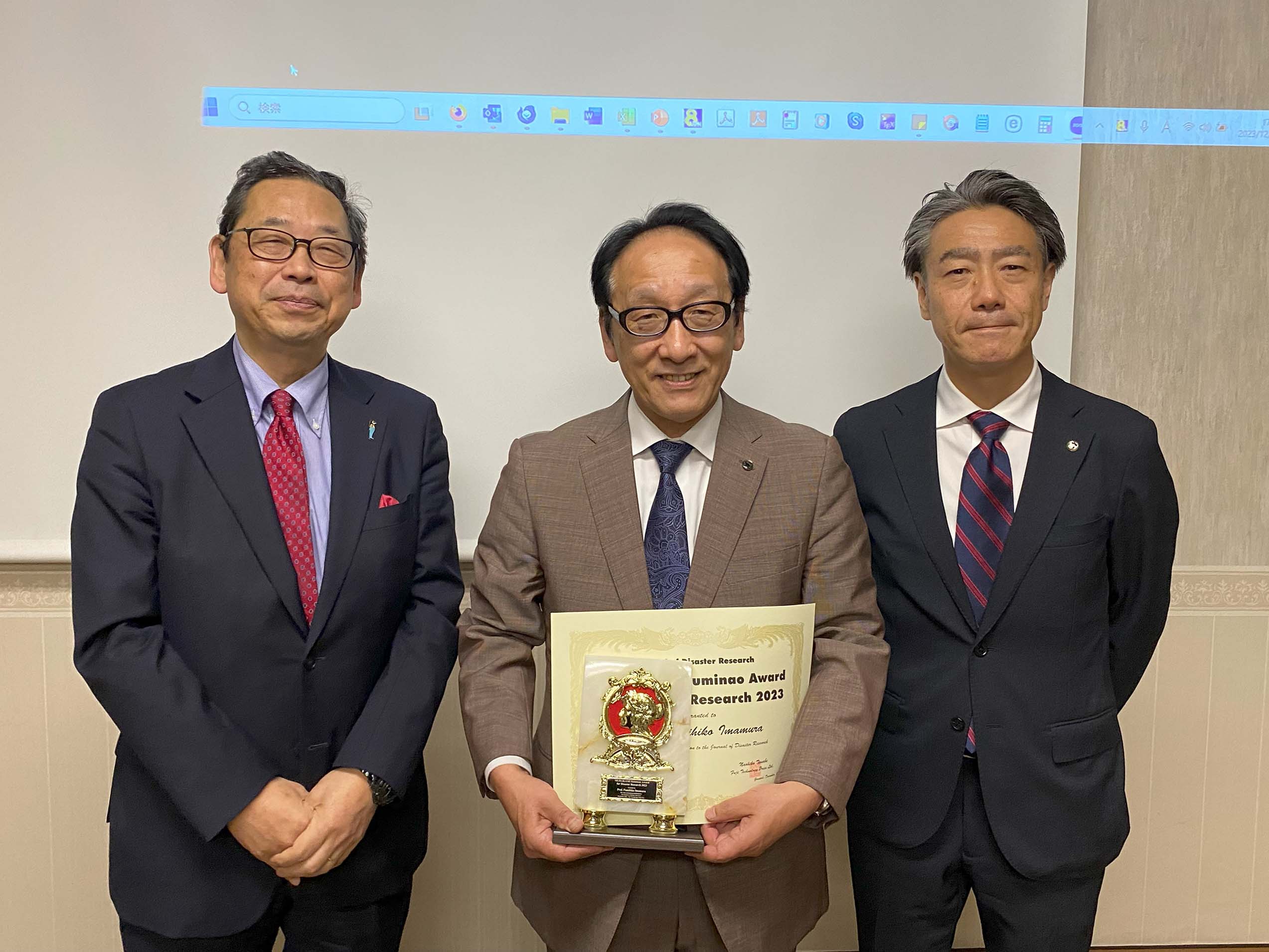
Photo: From left to right, Dr. Haruo Hayashi (Editor-in-Chief), Prof. Fumihiko Imamura (MURAKAMI Suminao Award for Disaster Research winner), and Prof. Shunichi Koshimura (Editor-in-Chief).
Congratulations!
We are pleased to announce that the MURAKAMI Suminao Award for Disaster Research and the JDR annual awards (the JDR Award for the Most Cited Paper, the JDR Award for the Most Downloaded Article, and the JDR Award for the Most Contributory Reviewer) of 2023 have been decided by the JDR editorial boards. The award ceremony was held on December 6, 2023 at Gakushikaikan, Tokyo, Japan. We congratulate the winners and sincerely wish for future success.
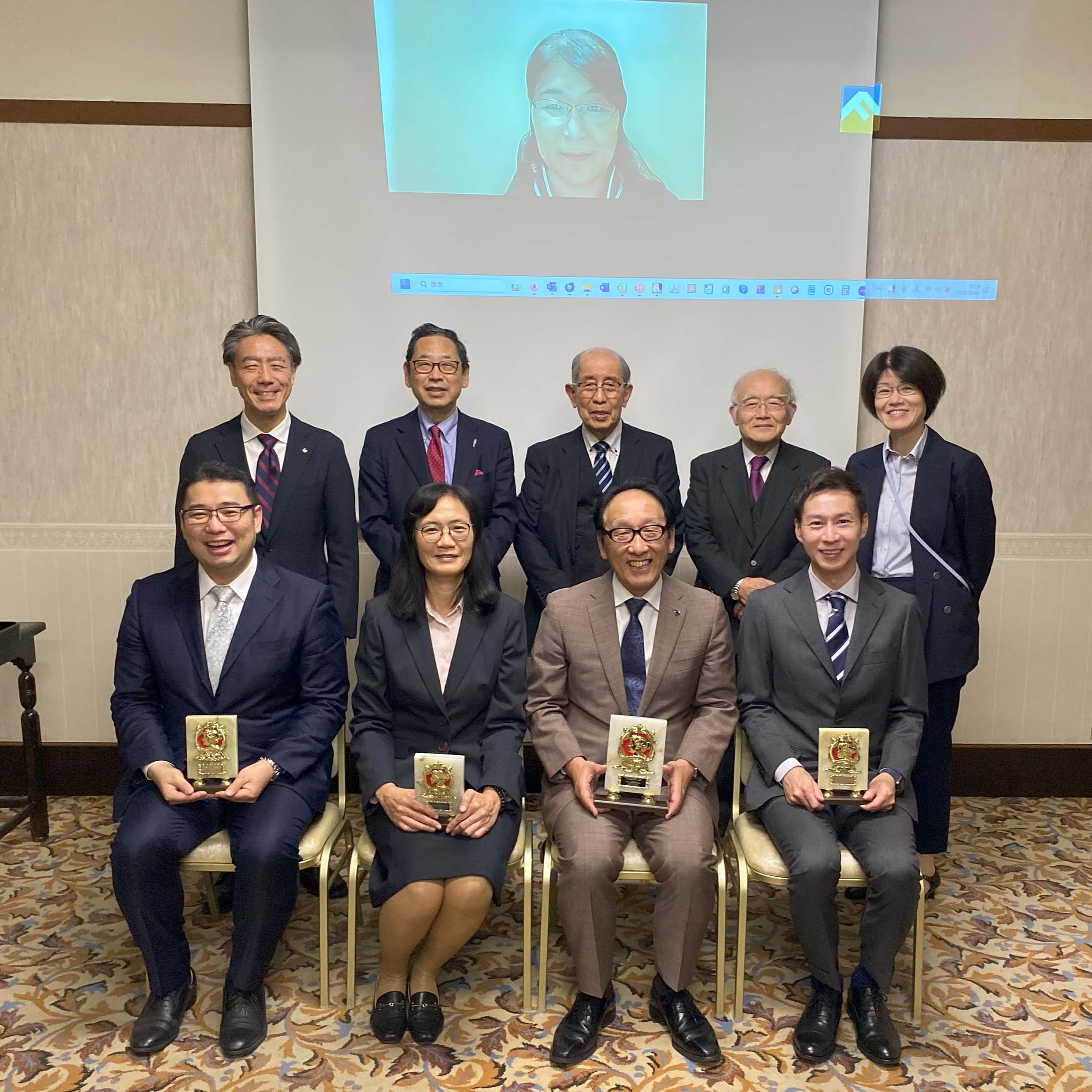
Photo: The winners and the JDR Editors at the ceremony. From the left in the lower row, Prof. Reo Kimura (the JDR Award for the Most Contributory Reviewer winner), Prof. Pei-Chun Shao (the JDR Award for the Most Downloaded Article winner), Prof. Fumihiko Imamura (MURAKAMI Suminao Award for Disaster Research winner), and Dr. Ryohei Kato (the JDR Award for the Most Cited Paper winner). From the left in the upper row, Prof. Shunichi Koshimura (Editor-in-Chief), Dr. Haruo Hayashi (Editor-in-Chief), Dr. Sumio Shinoda, Dr. Katsuki Takiguchi, and Prof. Keiko Tamura. Screen above the participants (remote participant), Dr. Noriko Shimasaki.
JDR AWARD FOR THE MOST CITED PAPER 2023 Predictability of Precipitation Caused by Linear Precipitation Systems During the July 2017 Northern Kyushu Heavy Rainfall Event Using a Cloud-Resolving Numerical Weather Prediction Model Ryohei Kato, Ken-ichi Shimose, and Shingo Shimizu |
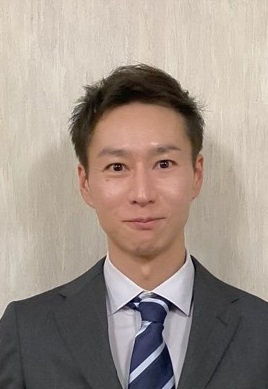 | 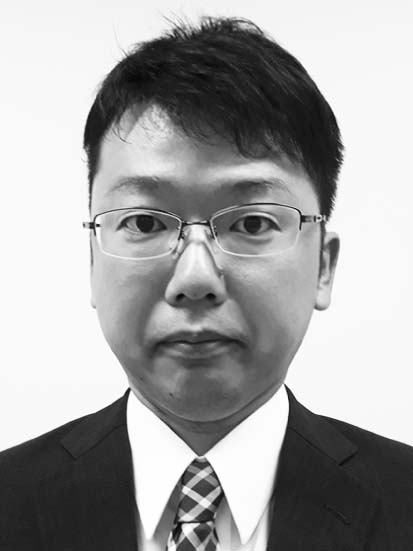 | 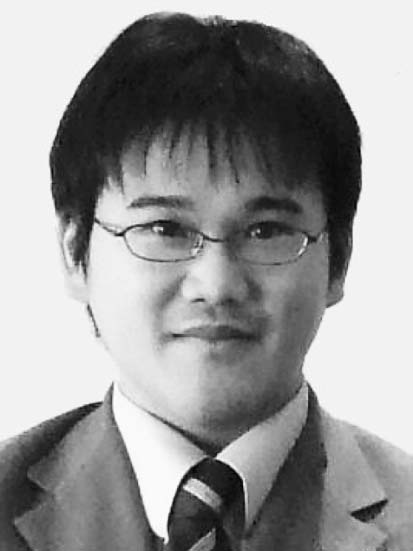 |  |
| Ryohei Kato Chief Researcher, Storm, Flood and Landslide Research Division, National Research Institute for Earth Science and Disaster Resilience (NIED), Tsukuba, Japan | Ken-ichi Shimose Associate Research Fellow, Flood and Landslide Research Division, National Research Institute for Earth Science and Disaster Resilience (NIED), Tsukuba, Japan | Shingo Shimizu Senior Researcher, Flood and Landslide Research Division, National Research Institute for Earth Science and Disaster Resilience (NIED), Tsukuba, Japan |
Message from the Winner
Thank you very much for this wonderful award. I am very honored to receive this award in the “most cited” category, which means that my research has been widely recognized, and I am very grateful to the JDR editorial board, reviewers, and co-authors.
The paper that received this honor was “Predictability of Precipitation Caused by Linear Precipitation Systems During the July 2017 Northern Kyushu Heavy Rainfall Event Using a Cloud-Resolving Numerical Weather Prediction Model.” This paper evaluates the predictability of a numerical weather prediction model and presents several key issues regarding the predictability of the 2017 torrential rains in northern Kyushu, rains which caused extensive damage. In particular, we showed that the stagnation of the linear precipitation systems (LPS) was difficult to predict and that the maximum rainfall was underestimated.
Our paper did not present a breakthrough finding; however, I believe that along with the increase in disasters caused by LPS after the publication of the paper, interest in research on forecasting LPS increased. Notably, our focus on the difficult-to-predict case attracted a great deal of attention and many citations. In the project that followed the publication of this paper, research was conducted on how to utilize such uncertain forecast information for disaster prevention, which led to the acquisition of a patent and the publication of new papers.
In the future, we will continue our research to improve the accuracy of forecasting not only LPS but also other extreme weather events, such as guerrilla rainstorms, thunderstorms, and hailstorms. We will also seek ways to utilize this forecast information for disaster prevention, with the aim of contributing to society.iving force that pushes us to continue to do research. We hope the JDR continues to be an important academic platform for the exchange of cutting-edge disaster research.
Ryohei Kato
December 11, 2023
JDR AWARD FOR THE MOST DOWNLOADED ARTICLE 2023 Stampede Events and Strategies for Crowd Management Chun-Hao Shao, Pei-Chun Shao, and Fang-Ming Kuo |
 | 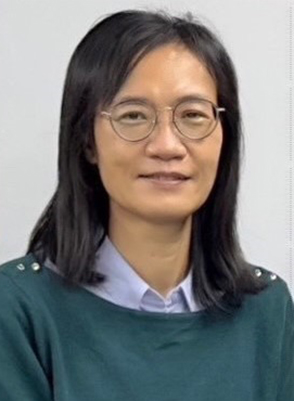 |  |  |
| Chun-Hao Shao Associate Professor, Graduate School of Disaster Management, Central Police University, Taoyuan, Taiwan | Pei-Chun Shao Professor, Department of Urban Planning and Disaster Management, Ming Chuan University, Taoyuan, Taiwan | Fang-Ming Kuo Secretary Officer, National Fire Agency, Ministry of the Interior, New Taipei City, Taiwan |
Message from the Winner
It is my pleasure to be recognized and receive an award from the Journal of Disaster Research for the article “Stampede Events and Strategies for Crowd Management,” published in November 2019. From the perspective of risk management, stampede events in public facilities are vital issues that occur during evacuations in urban areas due to the vulnerabilities that come with extremely high levels of urbanization.
As we have done since beginning our research, we will continue to focus on the issue of the evacuation of basic infrastructures, such as metro systems, domed stadiums, exhibition halls, etc., to explore strategies for disaster mitigation and deal with the relevant risk management, all based on 2D and 3D simulation methodology. I am sorry that cannot take part in the awards ceremony due to my teaching duties in my graduate school, but I deeply appreciate the reward given by the academic committee of the JDR.
I would also like to express my grateful appreciation for the support of my co-authors.
Thank you once again for the honor bestowed by the committee members, and we will continue working hard in the field of disaster management.
Chun-Hao Shao
December 6, 2023
Message from the Winner
It is my honor to be awarded for the Most Downloaded Article 2023 by the Journal of Disaster Research. I would like to express my deep gratitude to the other two authors and to all the people who have cooperated with our research by giving their advice and comments.
Stampede incidents have occurred frequently in recent years, and how to prevent injuries and deaths in the crowds has become an important issue. We based the article we wrote on the lessons learned from stampede incidents in the past, verifying the significant factors involved in stampede incidents and the relationship between the crowds and spatial aspects through simulated case studies. We found in our research that knowing how to provide spatial and event planning for the safety of the crowds in the evacuation events would be necessary. In urban areas of Taiwan, there are large events in venues such as the Taipei Dome. We put our effort into continuing to discuss the application of evacuating planning, not only in terms of safety exits and evacuation routes but also suitable spatial design and management for the crowds in the buildings or areas in several situations, such as earthquakes or fires.
The number of times this paper has been downloaded since its publication four years ago shows us its practicality for both the academic and non-academic communities. We would like to express our appreciation to the people who read and supported this paper around the world; they provide a driving force that pushes us to continue to do research. We hope the JDR continues to be an important academic platform for the exchange of cutting-edge disaster research.
Pei-Chun Shao
December 6, 2023
Message from the Winner
I am Fang-Ming Kuo, a Secretary Officer in the National Fire Agency of the Ministry of the Interior. I have been working for the National Fire Agency (NFA) for about 13 years, since graduating in 2010 from the Department of Fire Science of the Central Police University.
Evacuation safety plays an important role in fire engineering design, and that is why I became interested in stampedes and started to do related research. As we have learned from case studies, human stampedes often occur at the exits and the neck nodes of crowd movements. Though their frequency is quite low, stampede events may cause a large number of casualties, and they have unimaginable negative social impact on public psychology. This was seen in 2022 after the stampede in Itaewon, Korea.
I deeply appreciate that the Journal of Disaster Research has awarded us this prize. It is also an honor to receive an award together with Professor Chun-Hao Shao. It is recognition that we have truly worked hard on this, and it encourages us to continue doing so in the future.
Fang-Ming Kuo
December 6, 2023
 JDR AWARD FOR THE MOST CONTRIBUTORY REVIEWER 2023 |
|
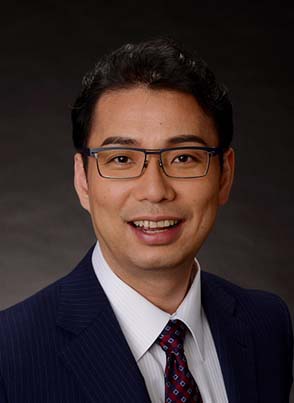 |
|
| Reo Kimura Professor, University of Hyogo, Himeji, Japan |
|
Message from the Winner
I am honored to receive the JDR Award for the Most Contributory Reviewer 2023. I understand that giving awards to reviewers is rare, even among academic journals.
I am on the editorial board of a different journal, and I have learned that securing excellent reviewers will ensure the quality of the journal and will be an important factor in determining its future success or decline. Considering this, I am very happy that I have been asked to serve as a reviewer for the JDR many times, as it means that I am trusted as one of its excellent reviewers.
The JDR is an interdisciplinary journal, so people from various fields, such as science, engineering, and social sciences and humanities submit papers. When I review a paper, one of my criteria is whether the paper is written in a way that someone from a different field can understand it. I hope that the papers published in the JDR will not be “closed” papers within one field but will instead elucidate disaster phenomena from various fields. By combining the results of each field, the JDR creates synergistic effects and produces innovative and excellent research results in disaster research.
I believe that the JDR’s bestowing this award on me is a signal that “We will continue to request peer reviews, so please continue to accept our requests.“ I would indeed like to continue to contribute to the further development of the JDR as a journal that publishes high-quality papers, and I sincerely thank the JDR very much for this prestigious award.
Reo Kimura
December 7, 2023
Acknowledgments
The Journal of Disaster Research is full peer review journal. Our review process is supported by a large number of volunteer reviewers. The editorial board would like to appreciate their efforts and cooperation to maintain, to improve, and to refine the quality of the journal. We would list up the reviewers who have worked in Volume 18, in order to express our sincere gratitude for their cooperation. We would also hope their further support to our journal.
Reviewers for Vol.18
AKIHIRO, Hashimoto ASADA, Yoshikazu BORET, Sébastien Penmellen CEFERINO, Luis
CHAN, Chung-Han CHANG, Kuo-Hao CHEN, Kate Huihsuan DULAM, Rithika
DA SILVA, Paula F. EGASHIRA, Shinji ESCRIBANO MACIAS, Jose Javier FUJIMOTO, Kazuo
FUJINO, Hidenori FUKUSHIMA, Yo GOHDA, Eiichi HADA, Yasunori
HAMABATA, Takashi HAYASHI, Haruo HAYASHI, Shin-ichiro HAYASHI, Shunji
HAYASHIDA, Takumi HAYES, Josh HEIDARZADEH, Mohammad HIGUCHI, Chigusa
HIRAGA, Yusuke HIRAYAMA, Nagahisa HO, Lih-Der HOSOKAWA, Masafumi
IIJIMA, Yoshio IMAI, Hiroshi IMAMURA, Daisuke INABA, Yohei
INOGUCHI, Munenari IOUALALEN, Mansour ISE, Tadashi ISHIWATARI, Mikio
ITO, Hiro-o IWASAKI, Emiko JIAMSANGUANWONG, Arisara JIBIKI, Yasuhito
JOHNSTON, David KACHI, Noriyasu KAJITANI, Yoshio KANEKO, Kensaku
KANNO, Taro KARAKI, Hideaki KARIKAWA, Daisuke KASAI, Kazuhiko
KATAYAMA, Kazuhiko KATO, Takaaki KATSUHAMA, Yoshihiro KAWAIKE, Kenji
KAWASAKI, Akiyuki KAWATA, Yoshiaki KIMURA, Reo KINOSHITA, Atsuhiko
KISHIDA, Tadahiro KOBAYASHI, Nobumichi KOKOGAWA, Tomohiro KOMORI, Daisuke
KONDO, Shinya KONO, Tatsuhito KOSHIMURA, Shunichi KOSHIYAMA, Kenji
KOTANI, Hitomu KOYAMA, Tomofumi KURAOKA, Senro KUSUNOKI, Koichi
KUWATA, Yasuko LEE, Hsiang-Chieh LEELAWAT, Natt LI, Weisen
LIU, Yi-Chung Gloria LUBASHEVSKIY, Vasily LÓPEZ BÁTIZ, Oscar MAEDA, Masaki
MAKI, Norio MARUYAMA, Yoshihisa MAS, Erick MASUDA, Satoru
MASUDA, Yukihiro MATSUDA, Kazuhiro MATSUKAWA, Anna MATSUOKA, Takayasu
MIYAJIMA, Masakatsu MIYAKE, Hiroe MIYAMOTO, Takashi MIYOSHI, Shin-ichi
MIZUNO, Masayuki MIZUYAMA, Takahisa MORIGUCHI, Shuji MORRIS, John F.
MOTOMURA, Kazushi MUKAI, Yoichi MURAO, Osamu MUTREJA, Ankur
NAGAMATSU, Shingo NAKAMURA, Takeshi NAKANO, Genta NAKASHIMA, Tadayoshi
NAKATANI, Kana NAMEGAYA, Yuichi NISHIKAWA, Satoru NOJIMA, Nobuoto
NONOSE, Kohei OCHI, Sae OCHIAI, Tsutomu OHKUSA, Yasushi
OHORI, Michihiro OKA, Kohei OKUYAMA, Junko ONO, Takahiro
ONO, Yuichi OTHMAN, Marini OTSUYAMA, Kensuke OZEKI, Toshihiro
PEÑA FIGUEROA, Edgar Armando PRIBADI, Krishna Suryanto PULIDO, Nelson RAHAYU, Harkunti Pertiwia
SADOHARA, Satoru SAITO, Taiki SAKAI, Naoki SAKAMOTO, Mayumi
SANDIKKAYA, Mustafa Abdullah SATAKE, Kenji SATO, Daiki SATO, Keiichi
SATO, Nobuteru SATO, Shosuke SATO, Tadayuki SAWADA, Masahiro
SEKIGUCHI, Toru SELVA, Jacopo SHARPANSKYKH, Alexei SHEN, Su-min
SHINODA, Sumio SHRESTHA, Badri Bhakta SUTAPA, I Wayan SUZUKI, Shingo
SUZUKI, Takanobu TABATA, Kentaro TAKAGI, Ryota TAKAGI, Tatsuya
TAKARADA, Shinji TAKIGUCHI, Katsuki TAMEGURI, Takeshi TAMURA, Keiko
TANAKA, Kenji TANAKA, Satoshi TATSUKI, Shigeo TOUGE, Yoshiya
TSUBAKI, Michihiro TSUCHIYA, Satoshi TSUJI, Yoshinobu TSUKAHARA, Kenichi
UEDA, Kimi UKAWA, Motoo WANG, Baoshan WATABE, Kazuhito
WATANABE, Kenji WATANABE, Toshiki WATAYA, Eiko YAMAGUCHI, Hiromichi
YAMANAKA, Hiroyasu YAMAOKA, Koshun YAMASAKI, Eiichi YAMAZAKI, Fumio
YAMAZAKI, Takeshi YASUDA, Nario YOKOTA, Kenji YOKOYAMA, Hitoshi
YORIFUJI, Takashi YOSHIDA, Haruka YOSHIDA, Satoshi YOSHIDA, Yuki
YOSHIDA, Yutaka YOSHIKAWA, Yasuhiro YUKUTAKE, Yohei YÜCEMEN, Mehmet Semih